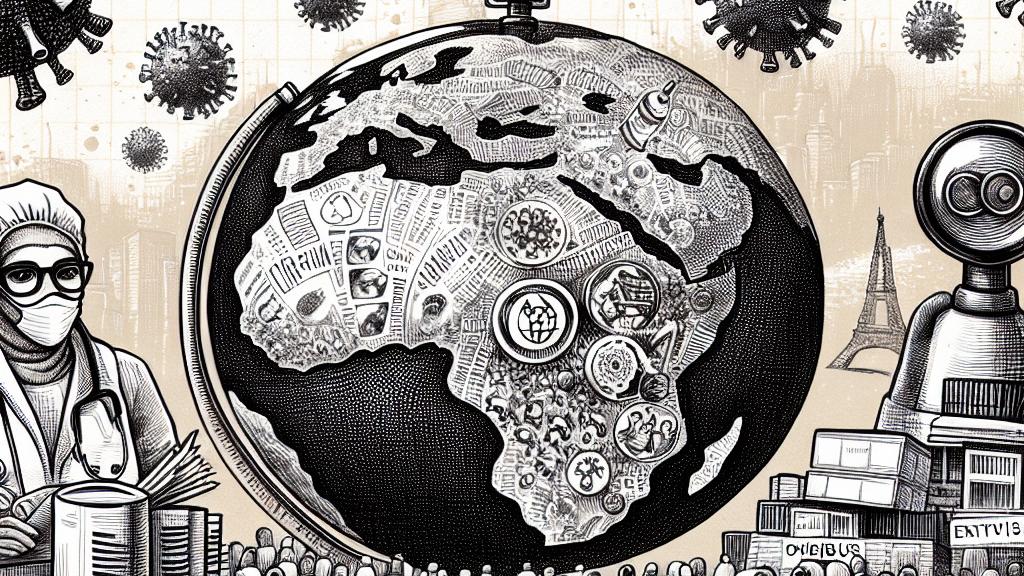Mpox: The Lurking Horror Declared a Global Health Emergency Again!
Overview
- WHO has reinstated Mpox as a global health emergency for the second time, illustrating ongoing risks.
- The Democratic Republic of Congo is at the epicenter, reporting over 14,000 cases and more than 500 deaths this year.
- A coordinated international response is urgently needed to control the outbreak and protect vulnerable populations.

The Escalating Crisis of Mpox
In a stark reminder of the persistent threats posed by infectious diseases, the World Health Organization (WHO) has declared Mpox a global health emergency for the second time in just two years. This latest outbreak is primarily concentrated in the Democratic Republic of Congo, which has registered a staggering 14,000 confirmed cases and over 500 deaths in 2024 alone. The situation has been exacerbated by the emergence of a more potent variant, Clade Ib, raising concerns among health officials about its rapid propagation and high mortality rate. The virus spreads easily through close contact, highlighting the imperative need for immediate public health interventions.
Urgent International Collaboration Required
As the outbreak escalates, WHO director-general Dr. Tedros Adhanom Ghebreyesus calls for unprecedented international cooperation to combat the threat posed by Mpox. The Africa Centers for Disease Control and Prevention has echoed the call, stating that nearly 70% of the cases in Congo are among children under 15 years old, making this a particularly alarming public health concern. The rising number of cases—up by 160% compared to the previous year—signals that without immediate intervention, the health crisis could spiral beyond containment. Enhanced vaccination efforts, educational campaigns, and strategic resource allocation are critical for protecting those most at risk.
Innovative Approaches to Contain the Outbreak
To effectively address the Mpox outbreak, public health experts advocate various strategies that can be mobilized quickly. The declaration of a global emergency opens doors for faster funding and support, essential for any successful containment efforts. While vaccination played a pivotal role in managing previous outbreaks in Western nations, the lack of Mpox vaccines in Africa presents a unique challenge. Experts are suggesting the use of smallpox vaccinations as an alternative solution. Moreover, community engagement and the strengthening of healthcare infrastructure will play a vital role in mitigating risks. A united front grounded in scientific evidence and collaboration is crucial to prevent further spread and safeguard vulnerable communities.

Loading...